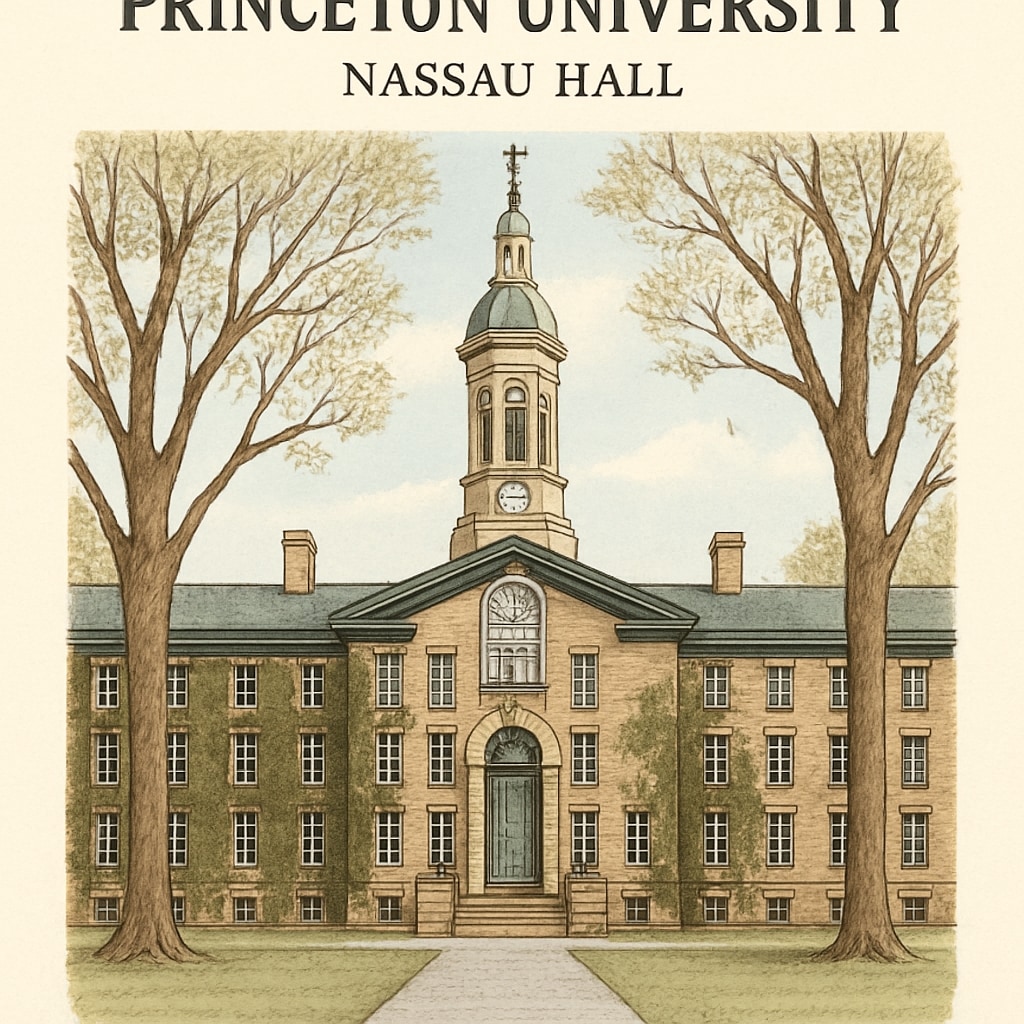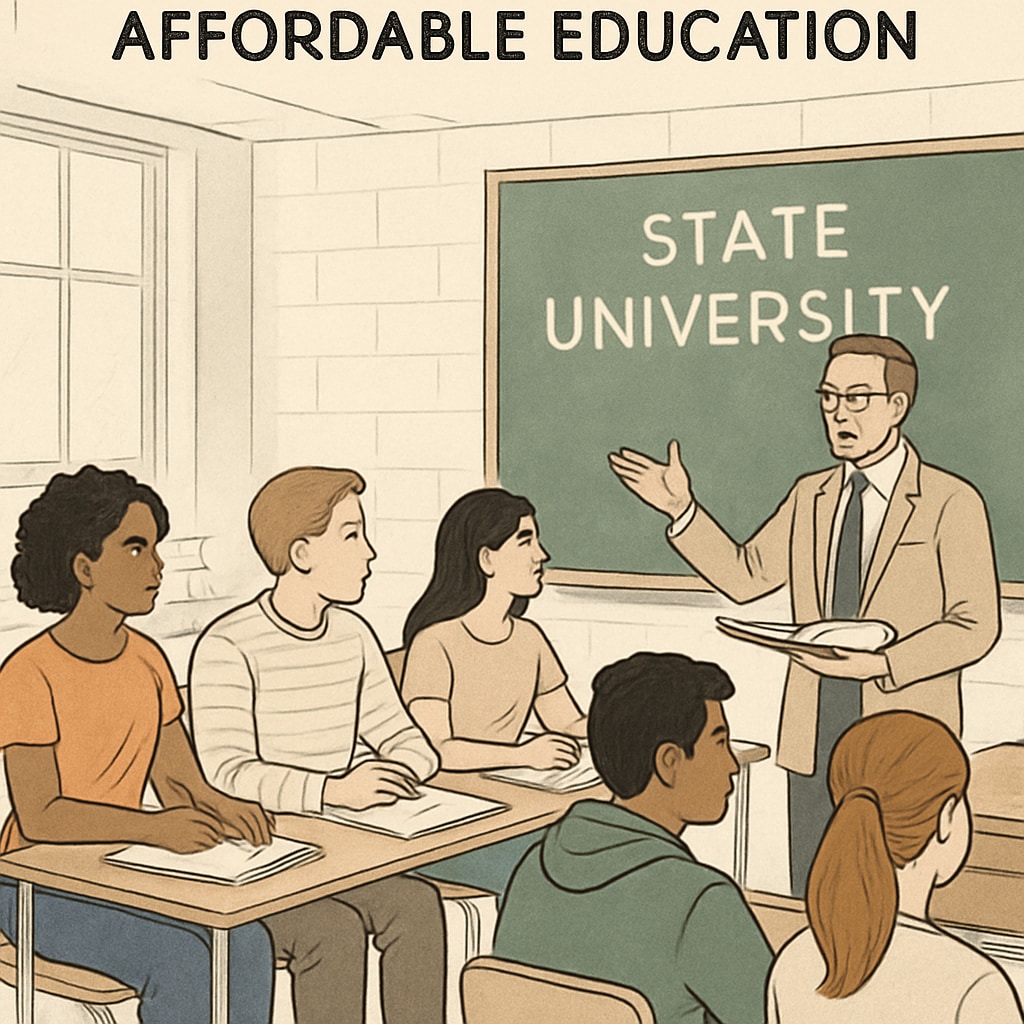The reputation of Princeton and other Ivy League schools often dominates conversations about higher education, but are these institutions truly worth the hype? Many families chase the “Ivy League dream,” believing it guarantees success. However, growing evidence suggests that this obsession may lead to overvaluation of their actual benefits. It is time to question whether the prestige associated with these schools aligns with their real-world impact.
Why Do We Idolize Ivy League Institutions?
The Ivy League, including schools like Princeton, Harvard, and Yale, has long been synonymous with exclusivity, academic excellence, and social prestige. But what drives this idolization? In part, it is the result of centuries-long branding. These schools have positioned themselves as gatekeepers to success, leveraging notable alumni, historical legacies, and high rankings to maintain their elite status.
For example, Princeton consistently ranks among the top universities globally. Its alumni network includes Nobel laureates, U.S. presidents, and Fortune 500 CEOs. This creates a perception that attending an Ivy League school is a golden ticket to a prosperous future. Yet, does the name of a school truly dictate one’s potential for success?

What Are the Limitations of Ivy League Education?
While the Ivy League offers undeniable academic rigor, it is not without flaws. One significant limitation is the cost of attendance. According to U.S. News, the average cost of tuition and fees at Princeton exceeds $57,000 annually. For many families, this financial burden is unsustainable, even with scholarships and financial aid.
Another issue is accessibility. Ivy League schools admit a small fraction of applicants, often selecting students from privileged backgrounds. A report by The New York Times revealed that Ivy League institutions enroll more students from the top 1% of income earners than from the bottom 60%. This raises questions about whether these universities are perpetuating inequality rather than fostering meritocracy.
Are There Alternatives to the Ivy League?
In recent years, non-Ivy League universities and alternative educational paths have gained recognition. Public universities, liberal arts colleges, and online education platforms offer high-quality education at a fraction of the cost. For example, the University of California system provides robust academic programs and diverse student populations, often rivaling Ivy League schools in specific fields like engineering and business.
Moreover, employers are increasingly prioritizing skills and experience over the name of a degree-granting institution. Tech giants like Google and Tesla have publicly stated that they no longer require a college degree for many positions, focusing instead on applicants’ capabilities. This shift suggests that Ivy League prestige may hold less weight in a rapidly evolving job market.

Reassessing the True Purpose of Education
Rather than focusing solely on prestige, families should consider what truly matters in education: personal growth, critical thinking, and the ability to contribute meaningfully to society. Education is not a one-size-fits-all journey, and success is not confined to Ivy League graduates. By broadening their perspectives, students and parents can make more informed decisions about higher education.
Ultimately, while Princeton and other Ivy League schools undeniably offer exceptional opportunities, they are not the only path to success. It is crucial to weigh their benefits against their limitations and to remember that the value of education lies in its substance, not its brand.
Readability guidance: This article balances concise paragraphs with lists and transitions to enhance readability. By questioning conventional assumptions and providing alternatives, it encourages critical reflection on the role of elite education in modern society.


